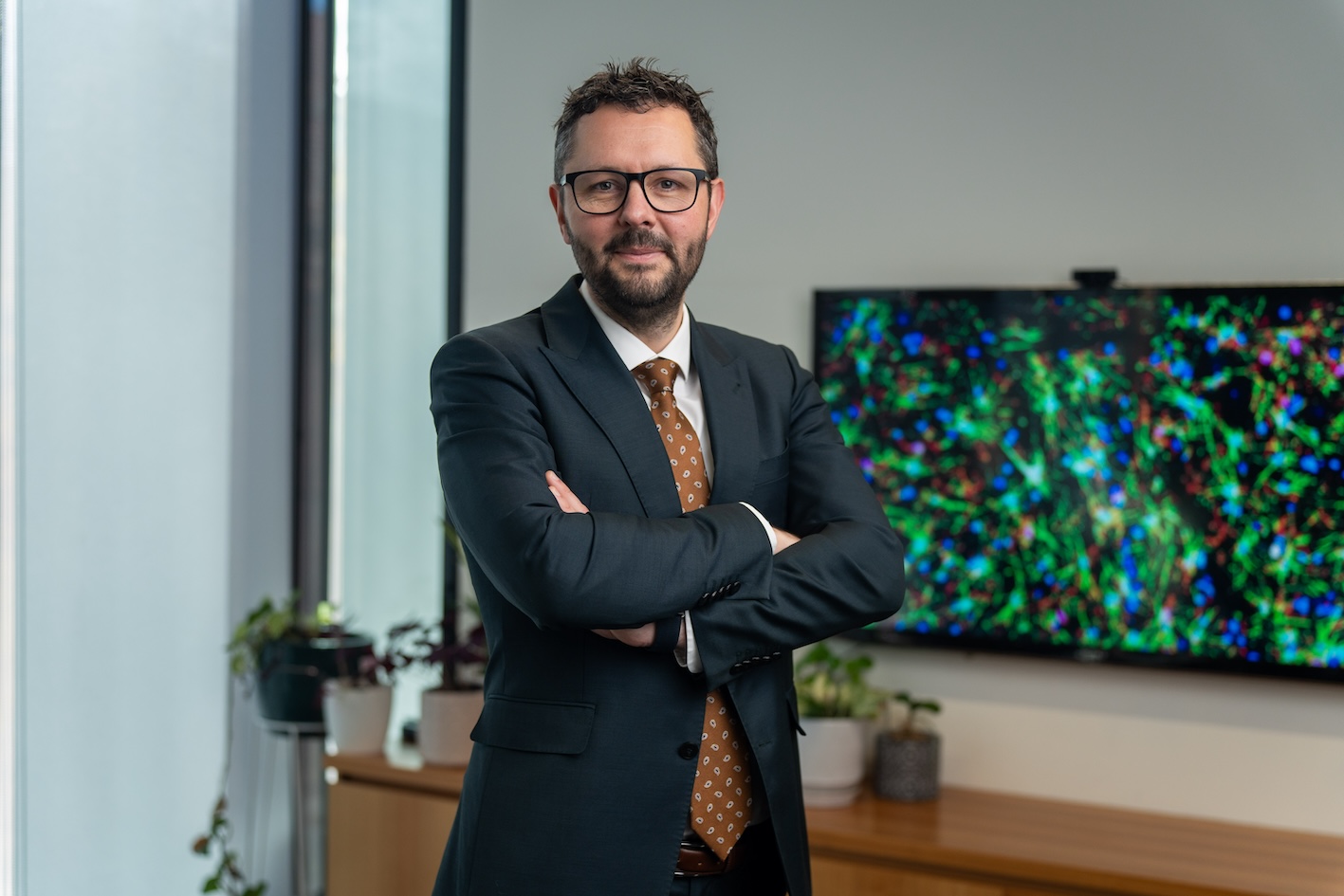Mark Hutchinson
University of Adelaide, SA, Australia
- This delegate is presenting an abstract at this event.

Professor Mark Hutchinson is a pioneering researcher and academic leader who serves as the Director of the Institute for Photonics and Advanced Sensing (IPAS) at the University of Adelaide. His groundbreaking work in neuroimmunopharmacology has revolutionised our understanding of the "other brain" - the 90% of brain cells known as glia - and their crucial role in pain, addiction, and various neurological conditions. As head of the Neuroimmunopharmacology Laboratory, he has developed innovative approaches to biomarker identification and complex data analytics, successfully bridging the gap between laboratory discoveries and clinical applications.
In recognition of his exceptional contributions to science and leadership, Professor Hutchinson holds several prestigious appointments, including membership on the Prime Minister's National Science and Technology Council and Australia's Economic Accelerator board member. He chairs the Safeguarding Australia through Biotechnology Response and Engagement (SABRE) Alliance and the Australian Pain Solutions Research Alliance board, while his previous roles as President of Science and Technology Australia, review of the ARC Legislation and as Director of the ARC Centre of Excellence for Nanoscale BioPhotonics have strengthened Australia's scientific landscape. His research has pioneered novel drug activity at innate immune receptors, leading to transformative clinical applications that have advanced from laboratory concepts to bedside treatments.
Professor Hutchinson's impact extends beyond academic achievements, with his work fostering strong industry partnerships and commercial translations. His leadership has been celebrated through numerous accolades, including being named a 2024 Finalist for the Eureka Prize for Leadership in Science and receiving the Vice-Chancellor's Award for Outstanding Achievement in creating a Culture of Impact. Through his research and leadership, he continues to drive innovation in biomedical science while advocating for greater engagement between researchers, industry, and the broader community.
Presentations this author is a contributor to:
New windows into the body (#62)
3:00 PM
Mark Hutchinson
SRB Symposium: Nanoscale biosensing in reproductive medicine
Toll-like receptor 4 is an essential upstream regulator of on-time parturition and perinatal viability in mice (#138)
9:00 AM
Hanan Hamimi Binti Wahid
SRB Orals - Uterus and Endometrium
 ESA-SRB 2015*
ESA-SRB 2015*